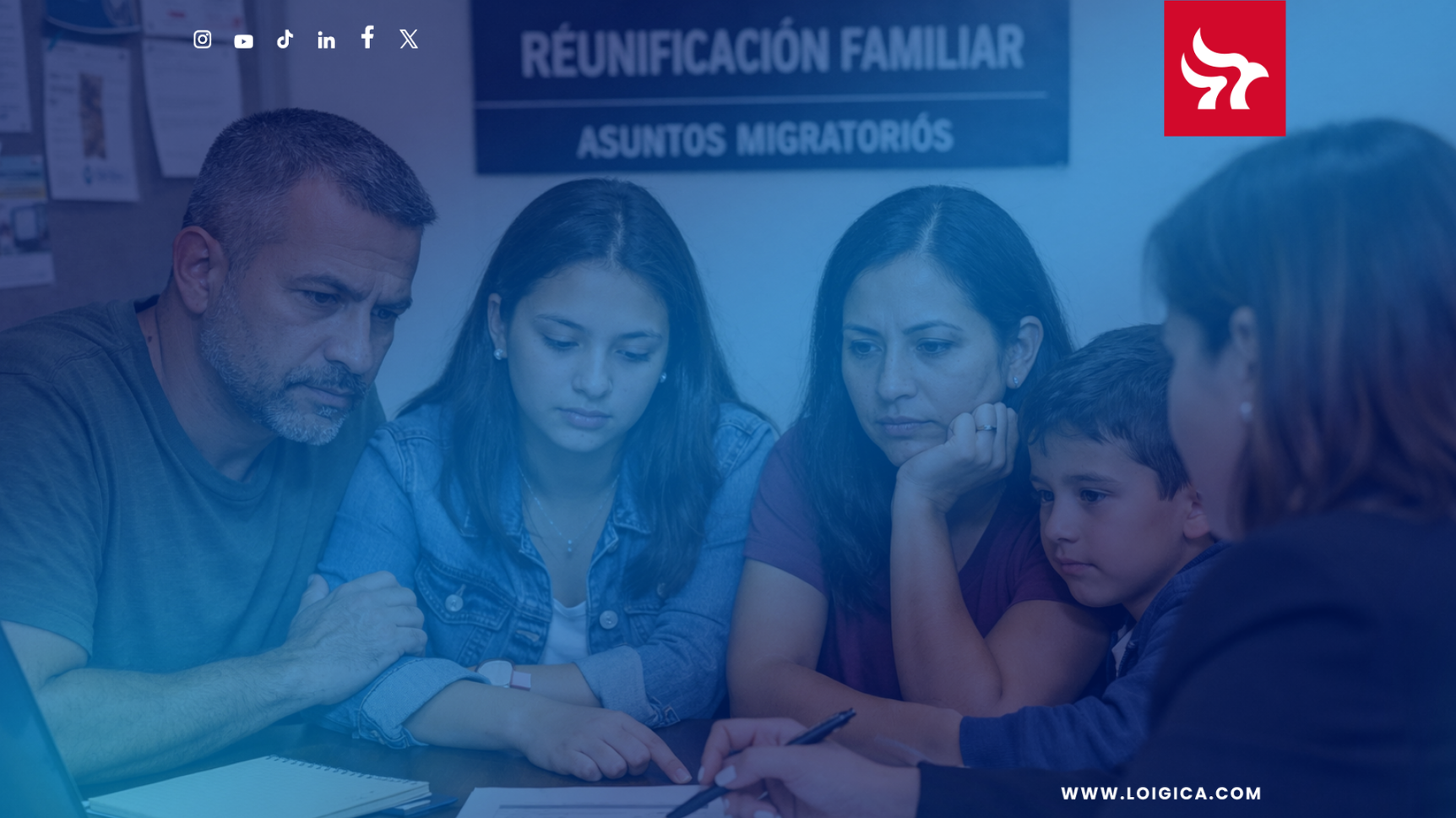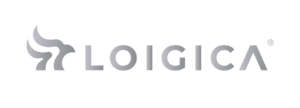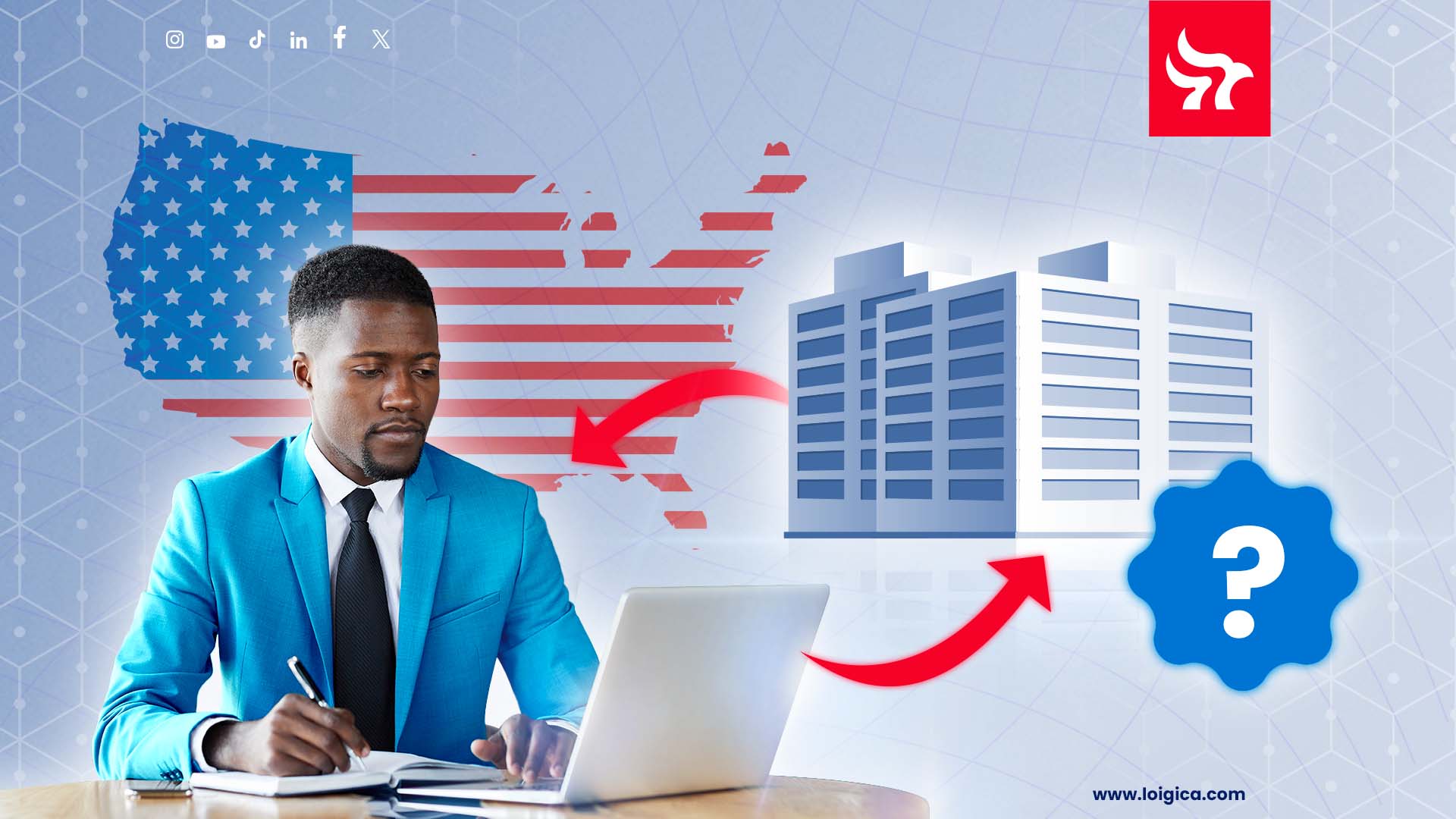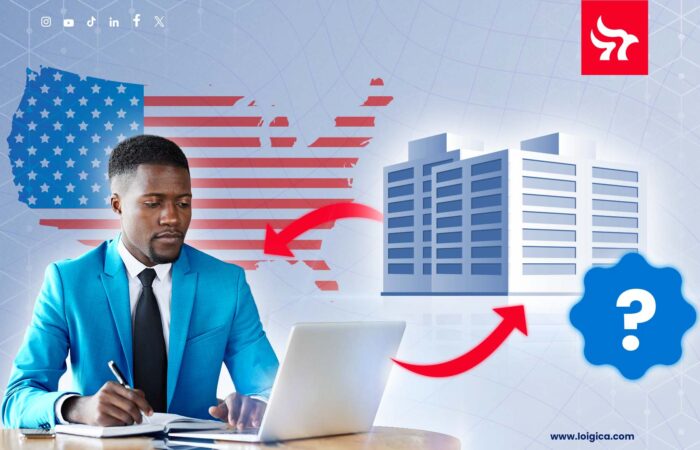In A Bird's Eye View...
The Department of Homeland Security’s release a final rule that modernizes H-1B visa requirements, streamlines processing, and boosts oversight to ensure legitimate opportunities for high-skilled workers. With its improvements, companies can fill critical positions faster, reduce repetitive filings, and retain top talent and F-1 students also gain smoother transitions, reflecting a more flexible, future-focused approach to immigration overall.
In A Bird's Eye View...
The Department of Homeland Security’s release a final rule that modernizes H-1B requirements, streamlines processing, and boosts oversight to ensure legitimate opportunities for high-skilled workers. With its improvements, companies can fill critical positions faster, reduce repetitive filings, and retain top talent and F-1 students also gain smoother transitions, reflecting a more flexible, future-focused approach to immigration overall.
The Department of Homeland Security revealed a new final rule on December 17, aimed at improving the H-1B visa program. Word of this change arrived through an official press release in Washington. Officials say the update will help American companies fill essential positions, especially those demanding specialized expertise. Although it mainly targets H-1B visas, the rule also includes narrow provisions for categories like H-2 and F-1. Many observers see this move as a welcome development, pointing to the economic benefits it promises.
According to DHS, these adjustments will streamline petition approvals, offer added program flexibility, and strengthen oversight for greater integrity. The agency believes this step builds on previous efforts to meet labor demands in high-skill sectors. By clarifying requirements, the final rule is designed to reduce hurdles for U.S. businesses while still honoring worker protections. Leaders within the Administration emphasize the importance of attracting global talent, seeing this as a key driver of national innovation. In essence, the changes target a quicker path for filling vital roles, keeping both employers and global talent in mind.
Supporters argue that updated guidelines will make it simpler for companies to retain specialized workers and help foreign professionals transition into new roles. The rule’s provisions, like streamlined processing for certain petitioners, might speed up approvals for repeat applicants. Observers also highlight the importance of stronger integrity measures, which aim to ensure fair competition and consistent standards. With implementation set for early next year, many expect these revisions to boost economic competitiveness and spark fresh opportunities in the United States. It’s a shift that could mean good news for everyone involved, from cutting-edge firms to the international talent they need.
How This Strengthens the H-1B Visa?
Clarifying Requirements and Improving H-1B Visa Program Efficiencies
Clarifying Requirements and Improving Program Efficiencies
The final rule from the Department of Homeland Security clarifies the qualifications for specialty occupation positions. The changes underscore that “normally” does not always mean “always.” That distinction helps employers prove that certain jobs require a degree or the equivalent. By clarifying this, DHS refines how companies show alignment between academic fields and job responsibilities. It also ensures that a wide range of degree specializations can fit critical roles.
Under these revisions, petitioners can accept degrees from different but related disciplines. However, those fields must connect logically to the job’s main tasks. This policy encourages broader talent pools while preserving the program’s specialized nature. DHS has also updated guidance on when to file amended or new petitions, aligning rules with current agency practices. These refinements reduce confusion and keep employers in sync with the system’s requirements.
DHS is also strengthening what it calls “program efficiencies” through a new deference policy. Under that approach, adjudicators will generally honor prior approvals unless significant changes arise. This measure saves time and promotes consistent outcomes for both employers and employees. Further, the rule will no longer require itineraries for H classifications, including H-1B visa petitions. By removing this extra step, DHS is making the filing process less burdensome.
Additionally, petitioners must show evidence that their foreign workers have maintained valid status. This proof must accompany any requests for extensions or amendments. With these updates, DHS aims to eliminate hidden pitfalls in the application process. Employers can more confidently plan staffing needs, knowing their petitions have clear, transparent guidelines. The push for clarity stands at the heart of this modernized framework.
Providing Greater Benefits and Flexibilities for the H-1B Visa
Providing Greater Benefits and Flexibilities
Nonprofit and governmental research organizations will now benefit from a broadened scope of exemption criteria. DHS is replacing terms like “primary mission” with “fundamental activity” to better reflect modern operational structures. Under this rule, entities that conduct vital research, even if not solely focused on it, may enjoy H-1B cap exemptions. Additionally, petitioners can request cap exemptions for workers who dedicate at least half their time to supporting those organizations’ missions. These refinements address evolving workplace realities while boosting opportunities for specialized talent.
The rule also eases transitions for international students moving from F-1 to H-1B visa status. By automatically extending lawful status and work authorization through early April, DHS prevents sudden gaps that disrupt crucial career steps. Students can keep working and remain legally present as their petitions move forward. This arrangement relieves pressure on both scholars and hiring managers who count on smooth onboarding. The result is a more predictable route to retaining promising graduates.
Many observers believe these enhanced flexibilities will attract a diverse range of specialized professionals to the United States. Such versatility can strengthen research institutions, foster collaboration, and spur innovation. Where strict definitions once limited potential hires, the revised language gives employers more ways to showcase a candidate’s suitability. By aligning regulations with today’s multidisciplinary reality, DHS aims to keep America at the forefront of cutting-edge fields. Ultimately, this shift ensures that both established firms and budding ventures can find the precise skills they need.
These adjustments follow extensive feedback, revealing how rigid categories previously stifled innovation in academic and nonprofit settings. DHS responded by making the rules more inclusive yet still protective of labor standards. The approach signals a careful balancing act, with the goal of sustaining a vibrant, high-skilled workforce. For many stakeholders, this modernization provides a clearer path to success, especially in specialized areas. The long-term effect is expected to spark collaborative growth, offering a promising outlook for all parties involved.
Strengthening the H-1B Visa Program Integrity
Strengthening the H-1B Visa Program Integrity
The final portion of DHS’s overhaul zeros in on robust safeguards that protect workers and the public interest. Officials intend to solidify standards for verifying that the petitioning employer has a real, non-speculative position. This involves clarifying that the Labor Condition Application must align with the petition’s factual framework. At the same time, agencies can seek contracts or similar evidence to confirm that specialty positions are genuine. Together, these measures aim to deter fraudulent filings and ensure lawful compliance.
Importantly, the rule clarifies that certain owners of the petitioning entity may qualify as H-1B visa beneficiaries. However, strict parameters exist when a beneficiary owns a controlling share in the organization. In such scenarios, the approval period will typically be limited to 18 months initially and again upon extension. By narrowing these terms, DHS maintains program credibility while giving entrepreneurs a chance to lead their own ventures. This balance ensures that ownership does not become a loophole for misusing the program.
Another tool in DHS’s integrity arsenal is the codified authority to conduct site visits. If a petitioner refuses to comply, officials may deny or revoke the submitted petition. This provision reaffirms the agency’s focus on detecting discrepancies and safeguarding legitimate job placements. Employers should anticipate greater scrutiny when placing H-1B workers at third-party worksites. DHS stresses that the specialty occupation must truly match the third party’s requirements, not just the petitioner’s paperwork.
By focusing on verifiable employment arrangements, DHS aims to preserve fairness, accountability, and trust in the visa system. Each of these integrity measures underscores the Administration’s commitment to a transparent and enforceable process. While these rules set firm boundaries, they also reinforce the program’s value for both businesses and foreign professionals. Many predict that healthier oversight will encourage responsible hiring, thereby guarding opportunities for American and international workers. The enhanced structure stands poised to propel the H-1B program into a stronger, more reliable era.
Why These Changes Matter for the H-1B Visa?
The Department of Homeland Security’s new rule expands opportunities for both established companies and fresh startups. Many believe these updates will save time, clarify paperwork, and encourage diverse talent to fill crucial roles. Supporters say the move can reduce delays that often slow hiring in high-skilled fields. The changes also strengthen oversight measures, ensuring a trustworthy immigration pathway. All signs point to a beneficial shift for employers, workers, and the broader economy.
For U.S. Employers
- These provisions streamline the H-1B process and eliminate unnecessary steps. They let managers respond faster to evolving project demands.
- Employers may now hire specialized professionals without worrying about outdated definitions of “specialty occupation.” This flexibility means talent can be sourced from various degree fields.
- New deference policies reduce repetitive reviews, helping companies avoid filing the same documents repeatedly. That, in turn, saves considerable time and resources.
For International Workers
- The rule clarifies degree requirements and job duties, so potential hires know exactly what credentials they need. This cuts back on confusion.
- F-1 students moving to H-1B can keep working seamlessly while their status changes. That means fewer career disruptions.
- Owners of a petitioning company can also qualify for H-1B status, under fair guidelines. This approach supports entrepreneurship among foreign professionals.
What’s Next?
The new rule’s effective date is set for January 17, 2025, meaning employers should start preparing soon. Plan for form updates. The final rule, building on the prior update from early 2024, underscores the Administration’s commitment to aligning immigration policies with current labor market needs, while ensuring robust oversight and minimal disruption to business operations. That marks a major shift. It has wide support. Observers anticipate smoother transitions once employers familiarize themselves with the new guidelines.
USCIS will soon release a preview of the updated Form I-129, allowing petitioners to adapt. Many view these steps as a signal of ongoing improvements. The government pledges more clarity for all visa stakeholders, building trust and reducing confusion for anyone navigating the process, especially those who rely on timely approvals for business continuity. That is a welcome improvement. These developments point toward a stronger system.
This blog was written with support of generative AI and proofread by our team of lawyers. It is meant purely for informational purposes and does not constitute legal advice. If you have any remaining questions, it’s essential to seek the assistance of an experienced team of immigration attorneys, such as those here at LOIGICA.
Recomendados
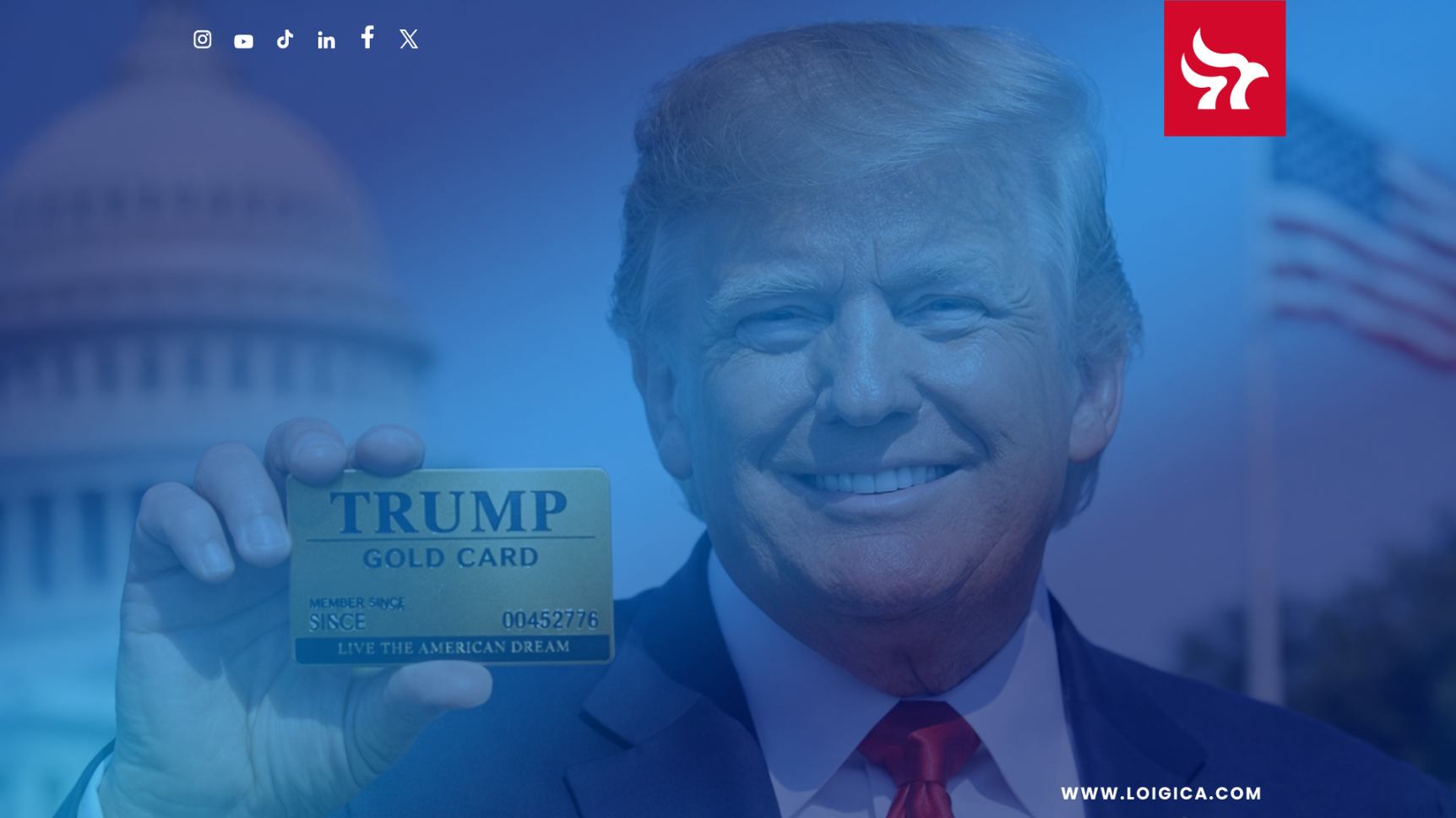
Gold Card for high net worth Latin Americans: decisions beyond the first million dollars
